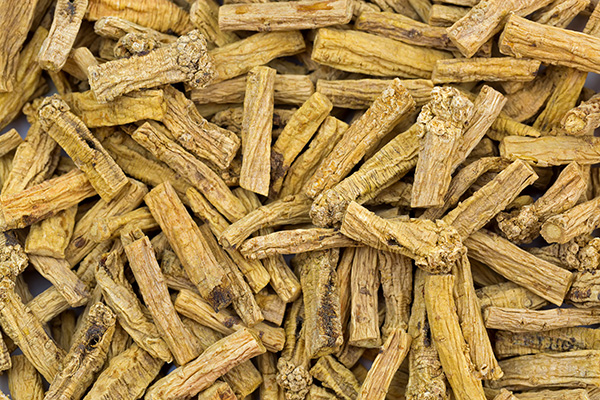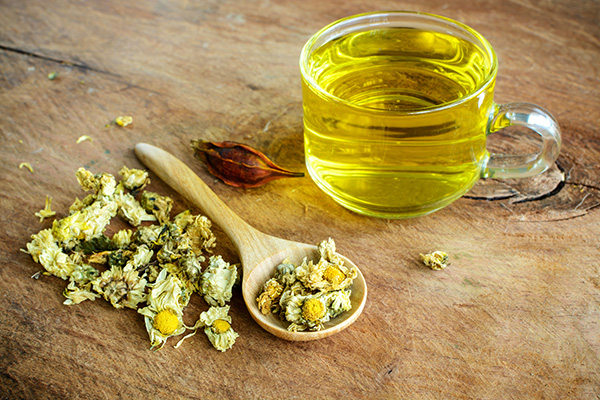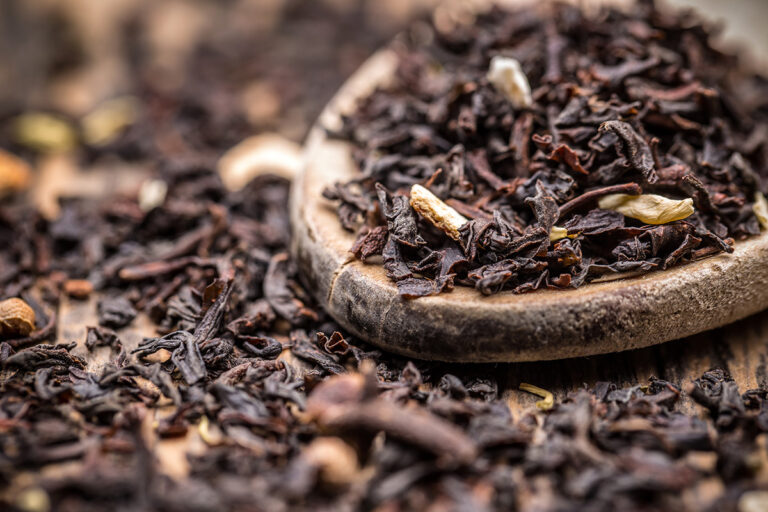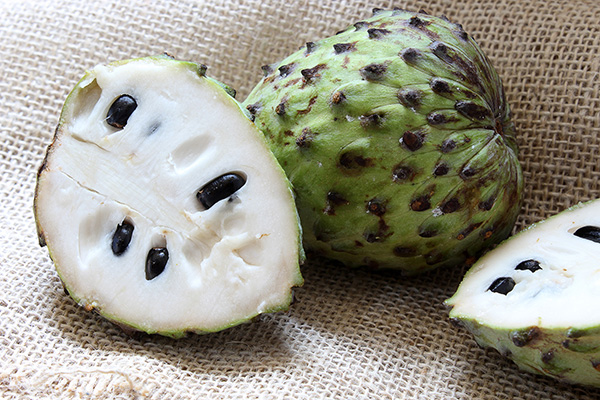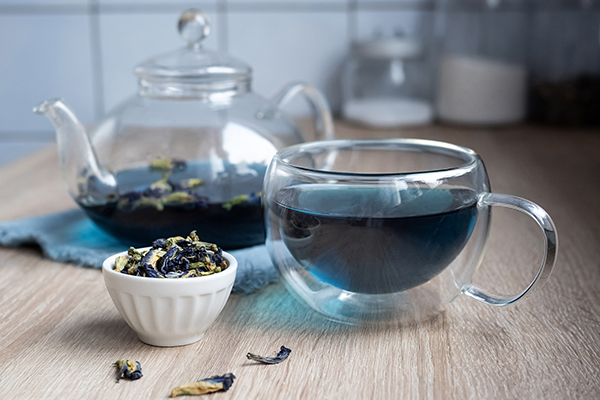Why Do Chinese Drink Tea After a Meal?
Tea has been an essential part of Chinese culture for thousands of years. Originating in ancient China, it holds a special place in the hearts of Chinese people, who believe that tea has numerous health benefits.
One common practice is to drink tea after a meal, a tradition that has persisted for centuries. Why? Chinese people drink tea after a meal as it aids digestion, helps detoxify the body, and promotes overall health. This tradition, rooted in ancient Chinese culture, continues to be practiced for its numerous health benefits.

The Health Benefits of Drinking Tea After a Meal
Aiding Digestion
One of the main reasons why Chinese people drink tea after a meal is to aid digestion. Tea contains polyphenols and tannins, which are known to stimulate the digestive system and break down fat. This helps to prevent indigestion and bloating, leading to a more comfortable post-meal experience.
Detoxifying the Body
Tea is also known to have detoxifying properties, thanks to its antioxidants, which help cleanse the body of harmful substances. Drinking tea after a meal can aid in the elimination of toxins, preventing the buildup of harmful materials in the body.
Weight Management
The catechins found in tea are known to help increase metabolism and break down fat, which can assist in weight management. Drinking tea after a meal can contribute to maintaining a healthy weight and preventing obesity.
Oral Health
Drinking tea after a meal can help to maintain oral health by reducing the buildup of plaque and bacteria in the mouth. The fluoride content in tea can also strengthen tooth enamel, helping to protect teeth against decay.
Choosing the Right Tea for Post-Meal Consumption
Green Tea
Green tea is a popular choice for drinking after a meal, as it is rich in antioxidants and has a subtle, refreshing flavor. It can help to cleanse the palate and stimulate digestion, making it an ideal beverage to enjoy after eating.
Oolong Tea
Oolong tea is a partially fermented tea that falls between green and black tea in terms of oxidation levels. It has a rich, complex flavor and is known to help with digestion and weight management, making it an excellent choice for post-meal consumption.
Pu-erh Tea
Pu-erh tea is a fermented and aged tea that originates from the Yunnan province in China. It has a unique, earthy flavor and is believed to help with digestion and weight loss. Its properties make it an ideal choice for drinking after a heavy meal.
How to Prepare Tea After a Meal
To enjoy the full benefits of drinking tea after a meal, it is essential to prepare it correctly. Here are some tips for preparing the perfect cup of post-meal tea:
- Choose high-quality tea leaves: Opt for loose-leaf tea instead of tea bags, as this will provide a more flavorful and aromatic cup of tea.
- Use the correct water temperature: Different types of tea require different water temperatures for optimal brewing. For green tea, use water heated to around 175°F (80°C). For oolong tea, use water heated to around 195°F (90°C), and for pu-erh tea, use boiling water.
- Steep the tea for the right amount of time: Green tea should be steeped for 2-3 minutes, oolong tea for 3-5 minutes, and pu-erh tea for 4-6 minutes.
- Serve the tea in small cups: In Chinese culture, tea is typically served in small cups to encourage slow, mindful sipping and fully savor the flavors and aromas.
- Share the experience with others: Tea drinking is a social activity in China, so enjoy your post-meal tea with friends or family to enhance the experience and create a sense of connection.
Conclusion
In conclusion, drinking tea after a meal is a time-honored Chinese tradition with numerous health benefits. By aiding digestion, detoxifying the body, promoting weight management, and supporting oral health, tea can contribute to overall well-being. Selecting the right tea variety and preparing it correctly will ensure you enjoy the full benefits and flavors of this ancient beverage. Embrace this tradition and make it a part of your daily routine to experience its many advantages for yourself.


